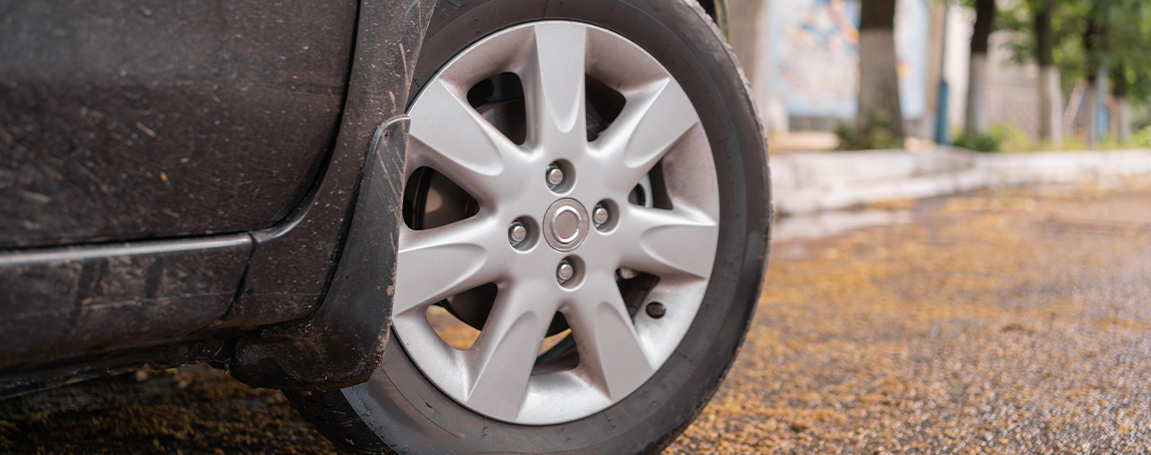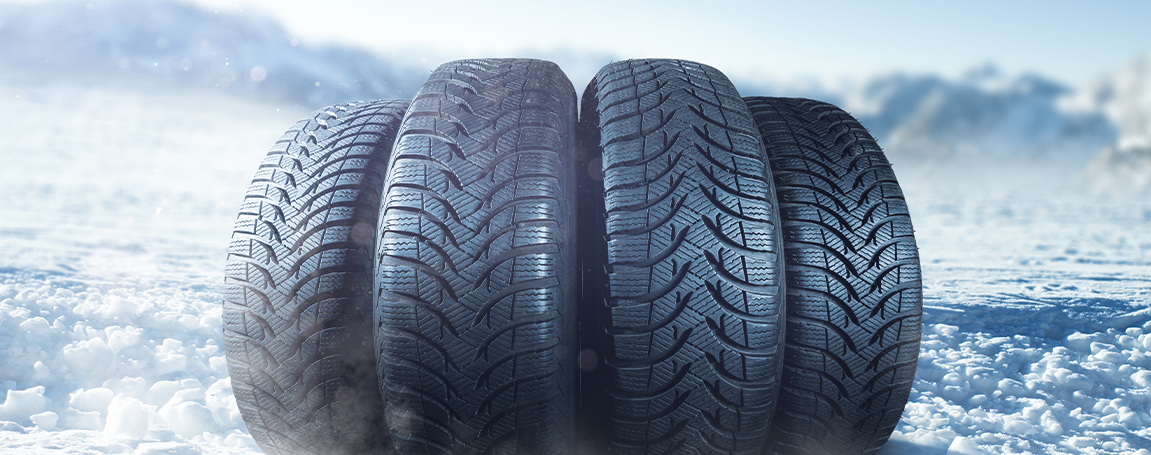Pros and Cons of Choosing All-Season Tires vs. Summer/Winter Tires
Pros and Cons of Choosing All-Season Tires vs. Summer/Winter Tires
Posted on September 20, 2023
Buying a new set of tires shouldn’t be taken lightly. Your choice of tires will influence your vehicle’s fuel economy, overall performance, and general comfort while driving. Summer tires vs all-season tires – which option is best? And what about winter tires? Making the right decision can be ‘tiresome,’ so we’ve done the research for you. Read on to discover your tire match. We’ve also included the all-season, winter, and summer tire benefits.
Summer Tires

Summer tires are designed for high-performance vehicles, offering increased traction while driving. Their specialized tread pattern’s minimal grooving allows for more rubber-to-road contact. Drivers will take corners and brake more easily. Summer tires have ideal width, rim diameter, and aspect ratio to handle wet and dry conditions. Vehicle performance on wet roads has greatly improved with special tread patterns specially designed to expel water and prevent skidding.
All-Season Tires

All-season tires are a popular choice, capable of handling both wet and dry conditions. The tread depths are moderate in size. The rubber compound helps to boost the longevity of the tire. There is a wide range of all-season tires for all types of vehicle models, available in various sizes, speed ratings, and load capacities. Although summer tires have more grip, all-season tires still perform well in warmer weather conditions. These tires also offer sufficient traction in mild winter conditions, making them an ideal option for drivers residing in moderate climates.
Winter Tires

Otherwise known as ‘snow tires,’ these tires offer improved traction in heavy winter conditions such as ice and snow. The tread pattern is deeper and includes multiple grooves to handle the harsh conditions on the road surface. The rubber compounds are much more flexible to enhance braking and prevent traction loss. Winter tires mustn’t be used for temperatures above 50 degrees.
Pros and Cons
Read on for the summer, winter, and all-season tire benefits and drawbacks.
| Pros | Cons | |
| Summer tires | Improved fuel economy due to diminished friction and overall performance. | Unsuitable for cold conditions below 45 degrees. |
| Shallower grooves in the tread improve braking, cornering, and acceleration capabilities. | The tire tread wears more quickly due to limited tire rotation options. | |
| Improved traction in wet conditions. | Multiple types of tires will be needed if the driver resides in very cold areas, resulting in more expense. | |
| All-season tires | They are more cost-effective as they can be used throughout the year. | Traction isn’t ideal in colder temperatures. |
| Offer fuel efficiency and improved handling on the road. | Braking capabilities are better when using winter tires. | |
| Optimal performance in wet and dry conditions. | ||
| Winter tires | Specially designed for better traction in very cold conditions. | Another type of tire is needed for warmer conditions. |
| They offer longevity if maintained properly. | The rubber wears down more quickly as a softer compound is used. | |
| Improved traction allows for safer braking capabilities. |
Looking To Change Your Tires? Contact Us For Top Quality And Brand Tires!

Make your way to Myers Cadillac Chev Buick GMC in Kanata. We’re proud to be the official and best tire dealership in Ottawa. We work tirelessly to maintain the best prices and expert service! Find the best options for Buick tires, GMC tires, Chevrolet tires, and Cadillac tires in our store today!
